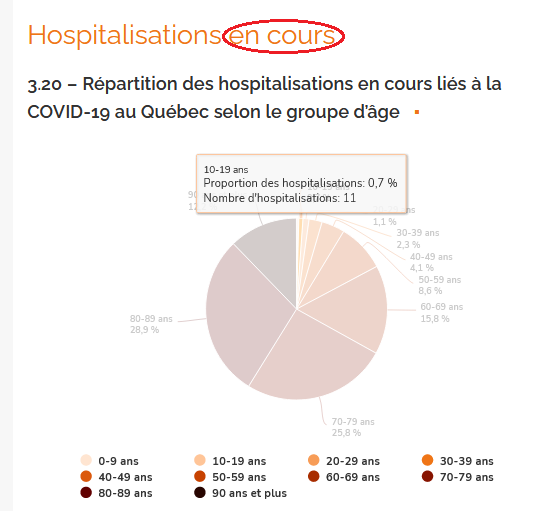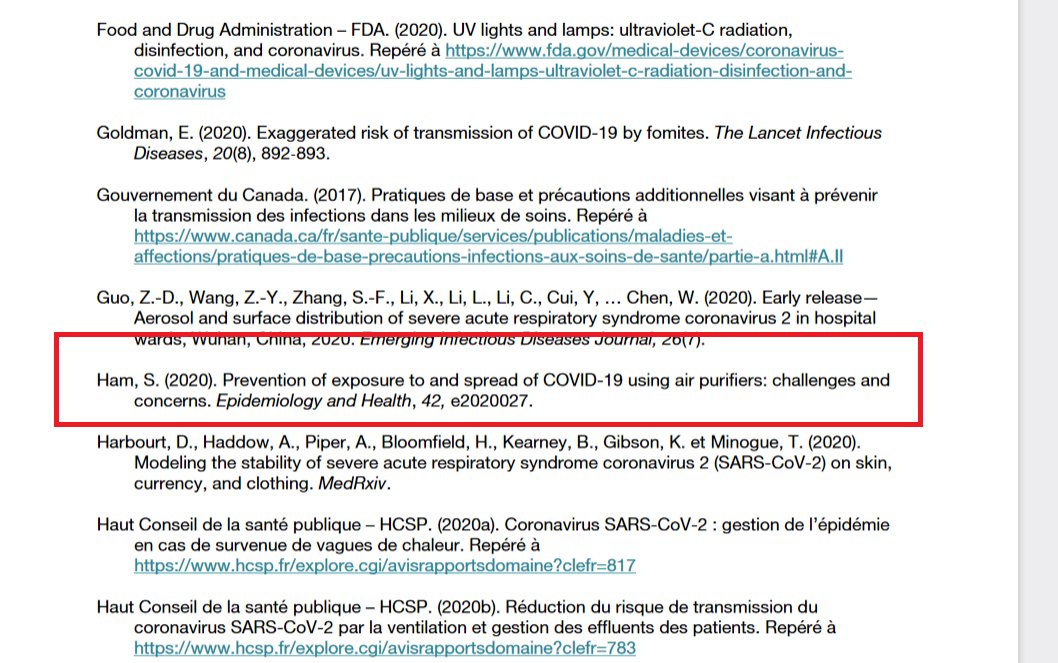
1) Despite the closing of non-essential businesses in Montreal on Dec. 25, workplace #COVID19 outbreaks rose to 109 from 91 in the past two weeks, according to the latest figures by authorities. In this thread, I will assess whether the current #pandemic restrictions are working.
2) At first glance, it might seem like the restrictions may be working, given the fact that the total number of #COVID19 outbreaks in Montreal dropped to 315 Tuesday from 426 on Dec. 29. But the chart below is somewhat misleading, as it does not include any school clusters. 

3) Quebec shut schools on Dec. 17 amid concerns of rising #COVID19 transmission across the province. On Dec. 29, the Montreal public health department reported 164 school outbreaks. But the latest update shows no such outbreaks, understandable given that schools were shut.
4) But crowded elementary schools reopened on Monday, and high school students will return to class on Jan. 18. It would stand to reason that #COVID19 cases will resume rising in schools, just as they did last fall. In fact, this is already happening across the province.
5) The Quebec Education Ministry on Wednesday reported a total of 1,319 active #COVID19 cases among students and staff, up by 143 from the previous day. The number of shuttered classrooms jumped by nine to 14. Please see the chart below. 

6) It’s obvious most of the 1,057 students with #COVID19 tested positive before the return to class. But the fact that schools have had to shutter 14 classrooms shows that the #coronavirus continues to pose a problem in schools, most of which do not have portable air purifiers.
7) Meanwhile, Montreal’s #COVID19 positivity rate has jumped to 13.7% from 12.3% a week ago, suggesting transmission of the coronavirus remains high in the metropolis. The borough of Saint-Léonard has posted the highest positivity rate, 23.1%, up from 20.9% on Jan. 5. See below. 

8) Montreal Mayor Valérie Plante declared Wednesday the city has again become the epicenter of the #pandemic in Quebec. The city recorded 727 #COVID19 cases Tuesday, up from 597 the day before. But it’s still too early to discern whether cases are plateauing, authorities warn. 

9) And with many Montreal businesses still operating and schools reopening (unlike in Toronto), the city is running the risk of yet another resurgence. Yes, authorities are vaccinating residents of eldercare homes, along with health care workers, but not the general population.
10) At present, 744 people are hospitalized for #COVID in Montreal amid health-care resources that have never been as strained as they are now. And as I had feared, the city crossed the threshold of 4,000 #COVID19 deaths Wednesday. May their deaths not be in vain. End of thread. 

• • •
Missing some Tweet in this thread? You can try to
force a refresh










